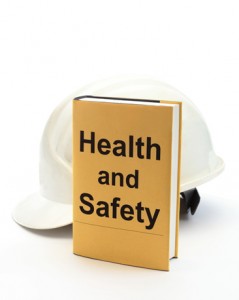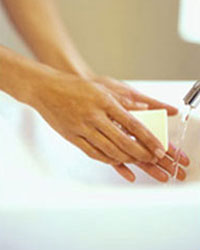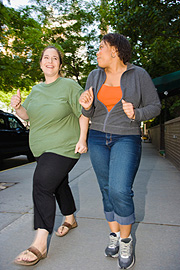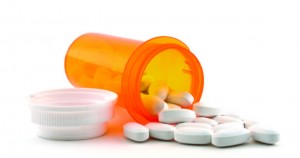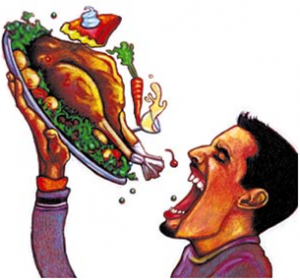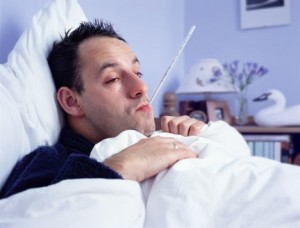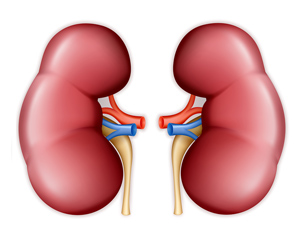 The following New Year tips are from the American Academy of Pediatrics (AAP).
The following New Year tips are from the American Academy of Pediatrics (AAP).
Preschoolers
- I will clean up my toys and put them where they belong.
- I will brush my teeth twice a day, and wash my hands after going to the bathroom and before eating.
- I won’t tease dogs or other pets – even friendly ones. I will avoid being bitten by keeping my fingers and face away from their mouths.
- I will talk with my parent or a trusted adult when I need help or am scared.
Kids, 5 to 12 years old
- I will drink reduced-fat milk and water every day, and drink soda and fruit drinks only at special times.
- I will put on sunscreen before I go outdoors on bright, sunny days. I will try to stay in the shade whenever possible and wear a hat and sunglasses, especially when I’m playing sports.
- I will try to find a sport (like basketball or soccer) or an activity (like playing tag, jumping rope, dancing or riding my bike) that I like and do it at least three times a week!
- I will always wear a helmet when riding a bike .
- I will wear my seat belt every time I get in a car. I’ll sit in the back seat and use a booster seat until I am tall enough to use a lap/shoulder seat belt.
- I’ll be nice to other kids. I’ll be friendly to kids who need friends or who may have a hard time making friends – like someone who is shy, or is new to my school.
- I’ll never give out private information such as my name, home address, school name or telephone number on the Internet. Also, I’ll never send a picture of myself to someone I chat with on the computer without asking my parent if it is okay .
- I will try to talk with my parent or a trusted adult when I have a problem or feel stressed.
Kids, 13 years old and older
- I will try to eat two servings of fruit and two servings of vegetables every day, and I will drink sodas only at special times .
- I will take care of my body through physical activity and eating the right types and amounts of foods .
- I will choose non-violent television shows and video games, and I will spend only one to two hours each day – at the most – on these activities.
- I will help out in my community – through giving some of my time to help others , working with community groups or by joining a group that helps people in need.
- When I feel angry or stressed out, I will take a break and find helpful ways to deal with the stress, such as exercising, reading, writing in a journal or talking about my problem with a parent or friend.
- When faced with a difficult decision, I will talk about my choices with an adult whom I can trust.
- When I notice my friends are struggling or making risky choices , I will talk with a trusted adult and attempt to find a way that I can help them.
- I will be careful about whom I choose to date, and always treat the other person with respect and without forcing them to do something or using violence. I will expect to be treated the same way in return.
- I will resist peer pressure to try tobaccoe-cigarettes, drugs or alcohol.
- I agree not to use a cellphone or text message while driving and to always use a seat belt.

